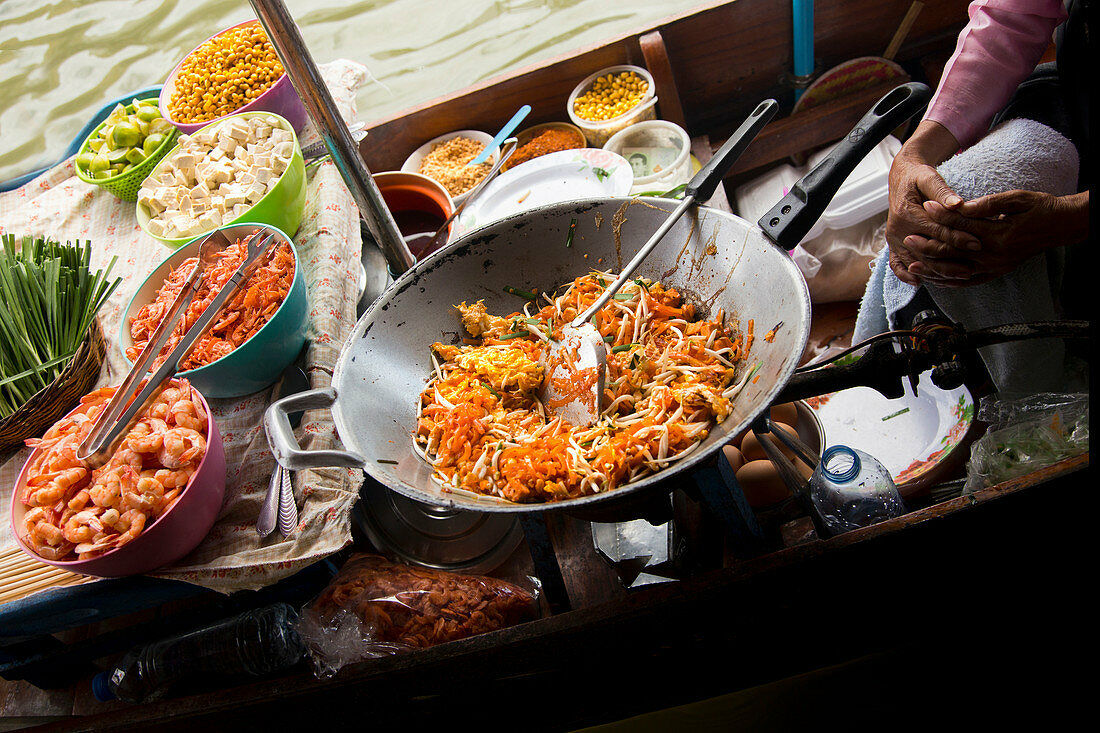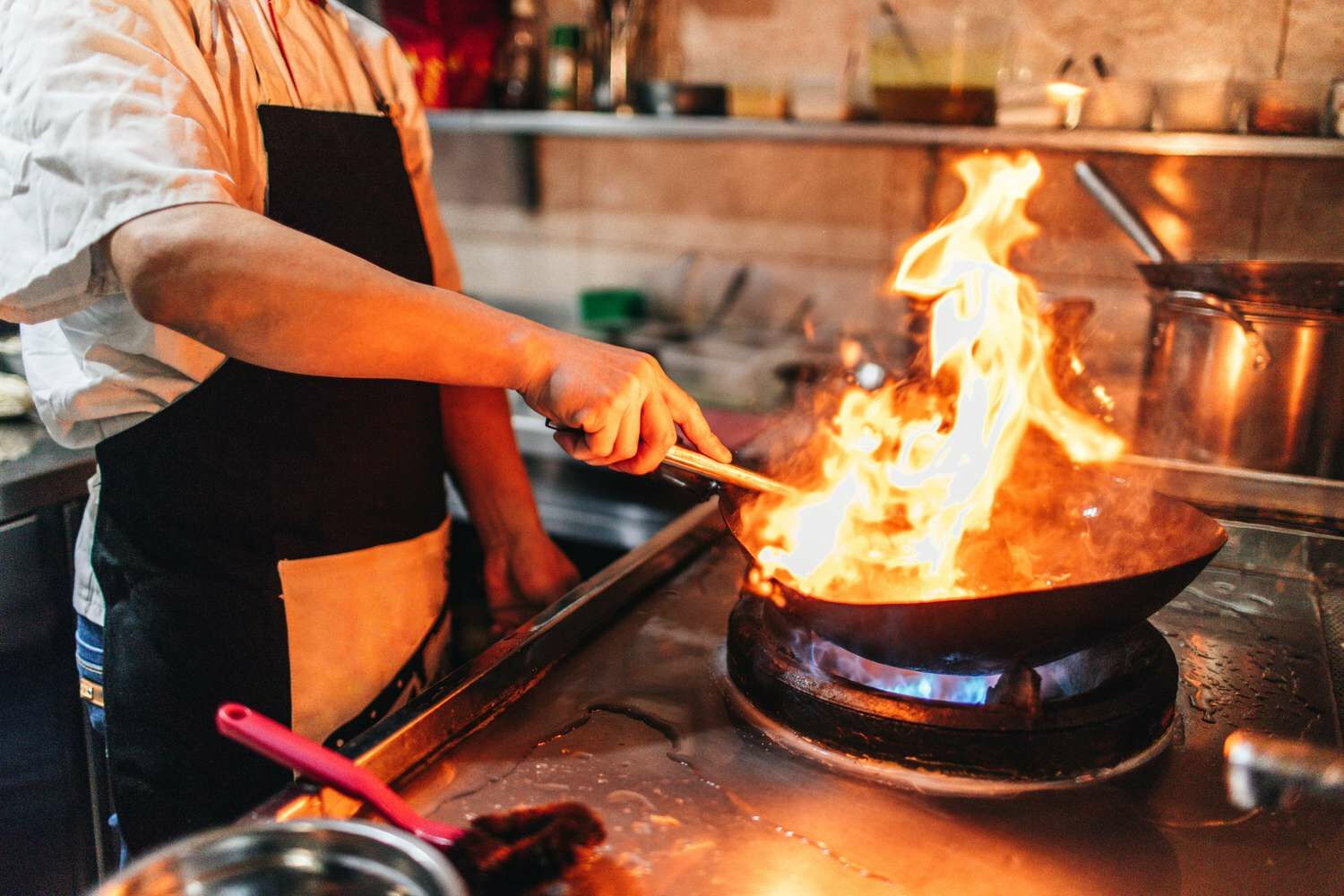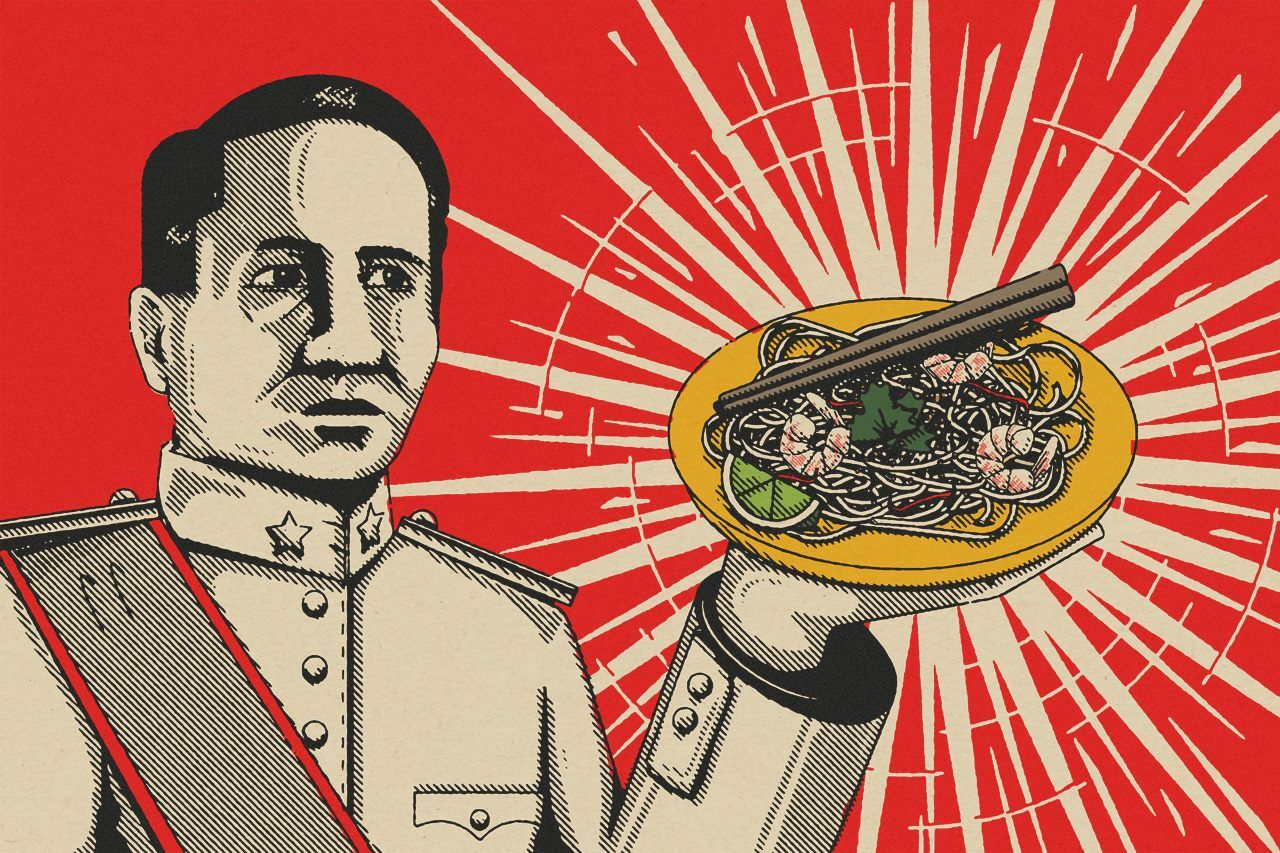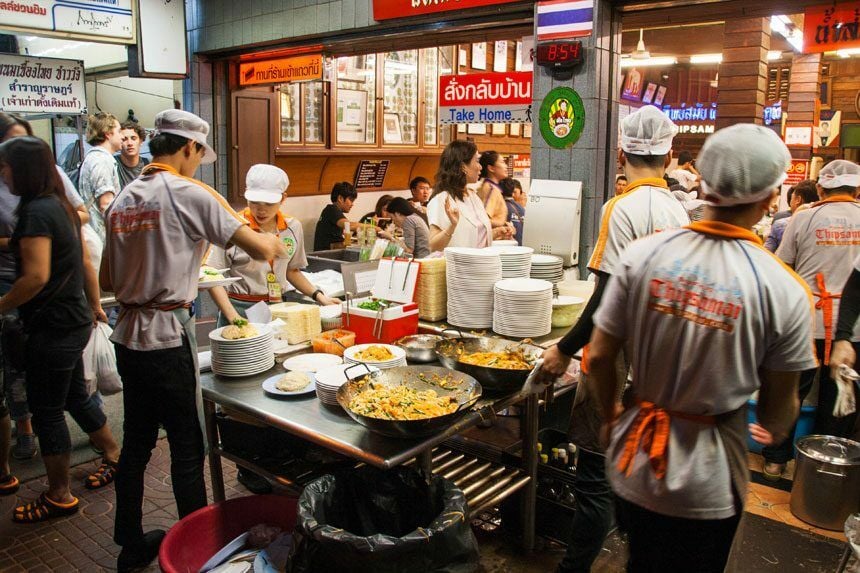How Pad Thai saved Thailand
The history of Pad Thai

Thailand’s national food, Pad Thai, is recognised around the world for its appeal to foodies everywhere. This delicious combination of sour, spicy, and sweet ingredients represents a major development in Thai politics and culture in addition to tasting amazing. It serves as a compelling example of the powerful role food can play in reflecting a nation’s history.
Origins of Pad Thai
Early influences from Chinese cuisine

It is believed that a similar noodle dish was introduced to Thailand back in the 1700s by Chinese immigrants. They brought with them the techniques and ingredients that have influenced Thai cooking and the earlier versions of Pad Thai. Using their techniques, Thai people started incorporating local spices and flavours such as tamarind, fish sauce, and palm sugar then slowly added peanuts, garlic chives, and bean sprouts. This cross-cultural exchange has helped shape the dish we now love eating.
Pad Thai during World War II
Killing two birds with one stone

Around the 1940s, Thailand was facing a rice shortage due to the floods caused by World War II. This scarcity has led the Prime Minister, Plaek Phibunsongkhram, to promote alternative food sources initiating the campaign, “Noodle is Your Lunch”, particularly rice noodles. Since rice noodles needed at least 50% rice, they doubled and became a staple, saving Thailand from losing rice.

However, Prime Minister Phibun also saw this as an opportunity to foster a sense of nationalism and unity. Since the world was undergoing a war he did not want any country to colonize Thailand, therefore, he introduced street food carts “Gway Teow Pad Thai”. “Gway Teow” is a nod to the Chinese name for rice noodles, while “Pad” means fried and “Thai” signifies Thai-style preparation.
By introducing street food carts to the recipe of Gway Teow Pad Thai, he saved the country from rice shortage and gave the people a sense of national pride.
The cultural impact of Pad Thai

Symbol of Thai identity
Pad Thai is a representation of the Thai culture that combines pride in one’s country with culinary skills. It was created out of need during hard times, but it has since evolved to become a symbol of Thai culture across the world. Thailand is characterised by a peaceful combination of cultural adaptation and distinctiveness, which is brilliantly exhibited in the dish’s ingredients and preparation, rooted in local culture yet inspired by Chinese skills.
Street food icon
Pad Thai has become a street food classic and can be found in almost all of Thailand’s busy marketplaces. It’s the preferred dish for residents and visitors due to its accessibility and cost, providing a tasteful, brief introduction to Thai cooking customs. Pad Thai sellers preserve the spirit of Thai street eating culture by serving the dish from dawn till sunset. Each cart puts a unique spin on the basic formula.

Global popularity
There is no denying Pad Thai’s global appeal. It is frequently used as a starter dish for people who are unfamiliar with Thai food; it has a delicate sophistication that appeals to foodies all over the world. Pad Thai is served in restaurants all over the world, and each one customises the meal to fit the local palate while maintaining its cultural origins, building a bridge across boundaries via food.
Thailand’s rich history, cultural resilience, and worldwide impact are embodied in the dish Pad Thai, a popular cuisine that is enjoyed by people worldwide. Discover additional Thai dishes that can fill you up!
Latest Thailand News
Follow The Thaiger on Google News:


























